
COVID-19 Armenia High Frequency Survey
The EU-funded ‘COVID-19 Armenia High Frequency Survey’ was conducted in September 2020 by the World Bank and UNICEF Armenia, looking at the impact of COVID-19 on household welfare in Armenia and the government response.
The survey results point to a high correlation between job and income loss and food insecurity and mental wellbeing. A total of 241,442 people, or 18 per cent of working-age people who had jobs before COVID-19,lost them due to the pandemic. The largest share of these is among unregistered and female workers.
The report also shows that children are the hidden victims of the pandemic with school-age children in rural areas, especially in Aragatsotn, Armavir, Gegharkunik, Tavush, and Syunik, facing lower connectivity. Also, 15 per cent of households have delayed or skipped routine immunisation as a result of the pandemic.
Download
MOST READ
RELATED
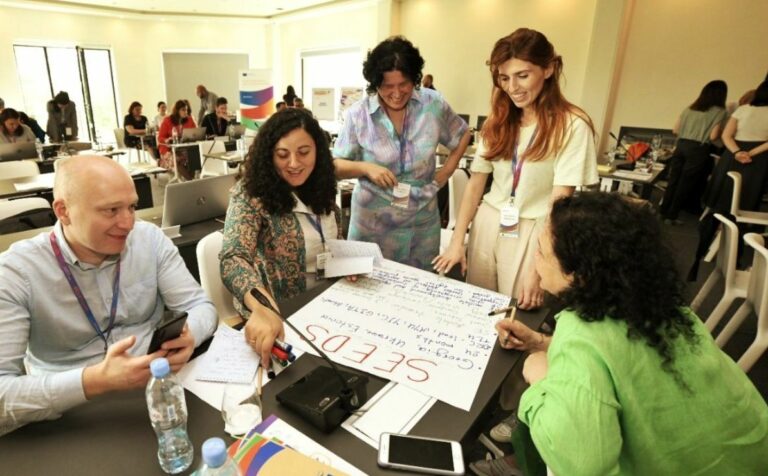
EU4Youth Newsletter: Welcome to the EU4Youth Stakeholder Hub!
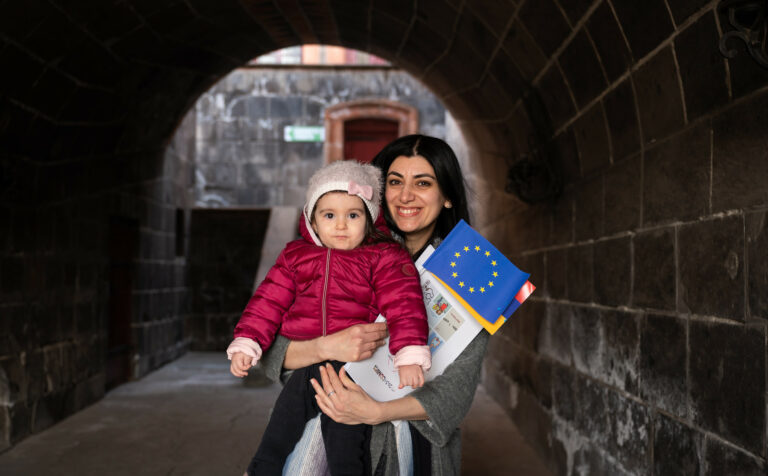
A Resilience and Growth Plan for Armenia
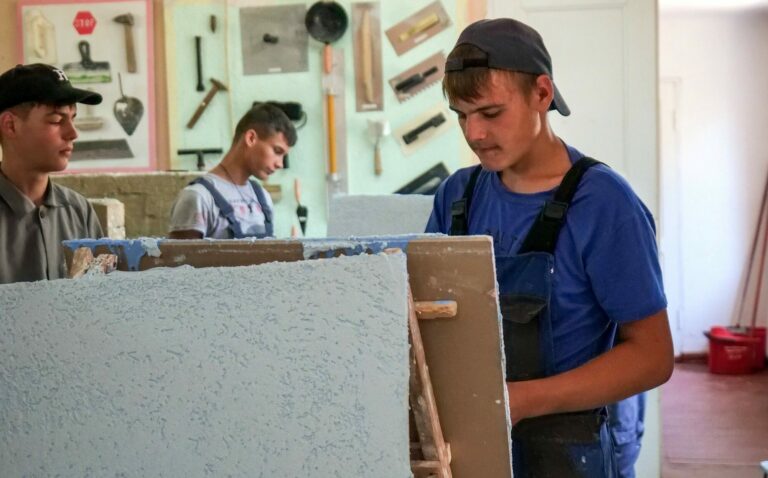
EU4Youth develops Youth Wiki reports on Youth Employment and Employability
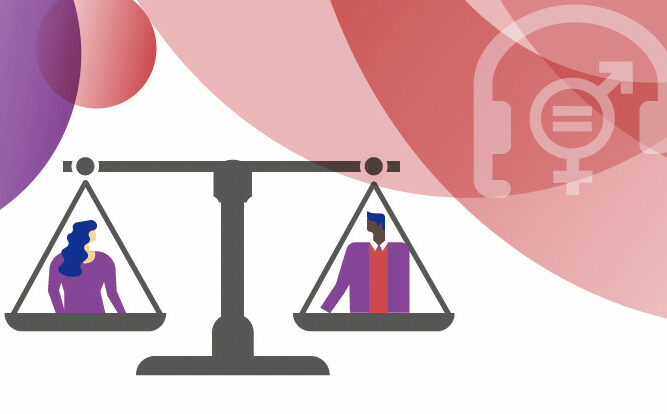
EU4Gender Equality Reform Helpdesk’s support (2021-2024) for Armenia
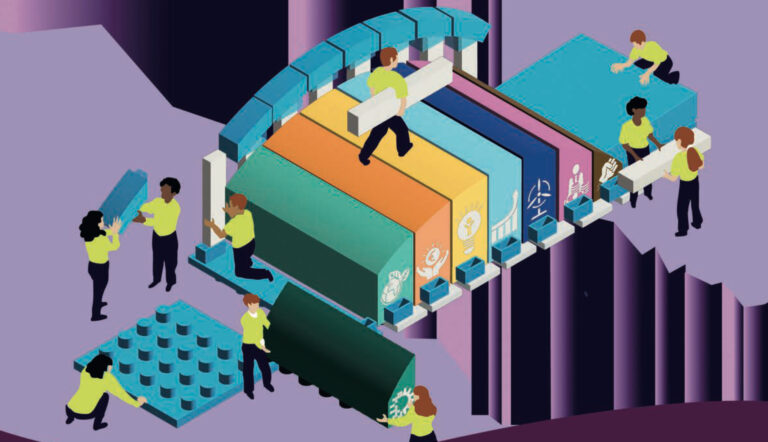
SME Policy Index: Eastern Partner Countries 2024 – Building Resilience in Challenging Times
More campaign pages:
Interested in the latest news and opportunities?
This website is managed by the EU-funded Regional Communication Programme for the Eastern Neighbourhood ('EU NEIGHBOURS east’), which complements and supports the communication of the Delegations of the European Union in the Eastern partner countries, and works under the guidance of the European Commission’s Directorate-General for Neighbourhood Policy and Enlargement Negotiations, and the European External Action Service. EU NEIGHBOURS east is implemented by a GOPA PACE-led consortium. It is part of the larger Neighbourhood Communication Programme (2020-2024) for the EU's Eastern and Southern Neighbourhood, which also includes 'EU NEIGHBOURS south’ project that runs the EU Neighbours portal.

The information on this site is subject to a Disclaimer and Protection of personal data. © European Union,







